When it comes to intelligence, humans love to think they have the edge, but Mother Nature begs to differ. Some animals have mental capabilities that would make even the brainiest human give a nod of respect. These creatures demonstrate their smarts in ways that range from solving complex problems to utilizing sophisticated social strategies. If you’ve ever wondered which animals are the Einsteins of the animal kingdom, you’re in for a treat.
1. Dolphins: Masters of Social Intelligence
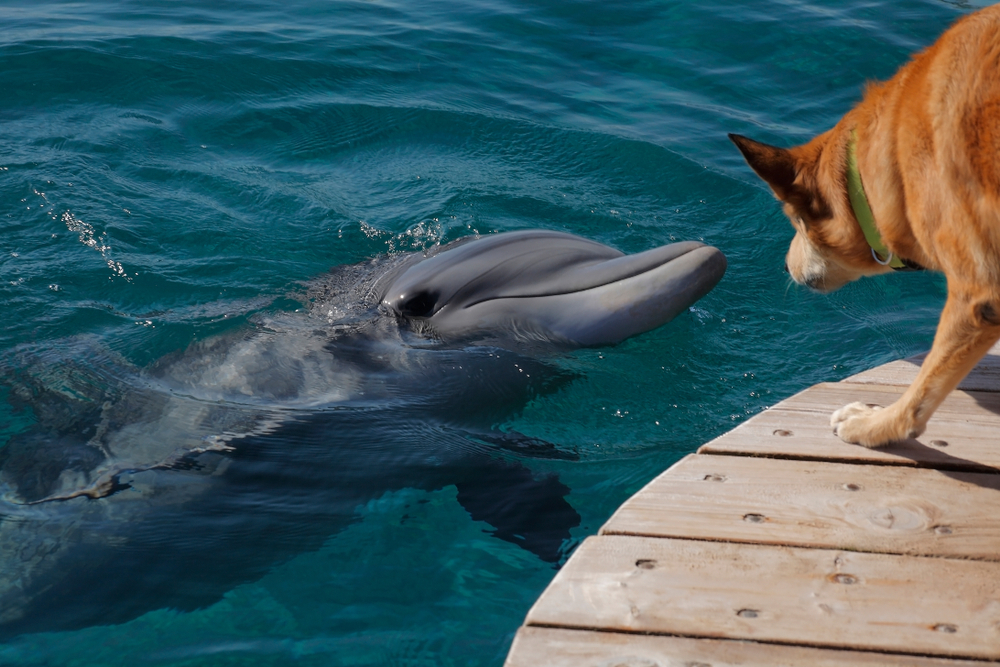
Dolphins are often regarded as the social butterflies of the ocean, but their social skills are also a testament to their high intelligence. According to Whale and Dolphin Conversation, dolphins have specialized brain cells with advanced abilities such as recognizing, remembering, reasoning, communicating, perceiving, adapting to change, problem-solving, and understanding. These marine mammals have been observed using complex vocalizations, which resemble a language full of unique clicks and whistles. They even have been known to call each other by unique “names.”
Beyond their social acumen, dolphins demonstrate a high level of emotional intelligence. They empathize with injured or distressed individuals, sometimes from entirely different species. Dolphins have also been spotted working together to herd fish and using sponges to protect their snouts while foraging. Such behaviors reflect an understanding and manipulation of their environment that few other animals can boast.
2. Elephants: Emotional and Cognitive Giants
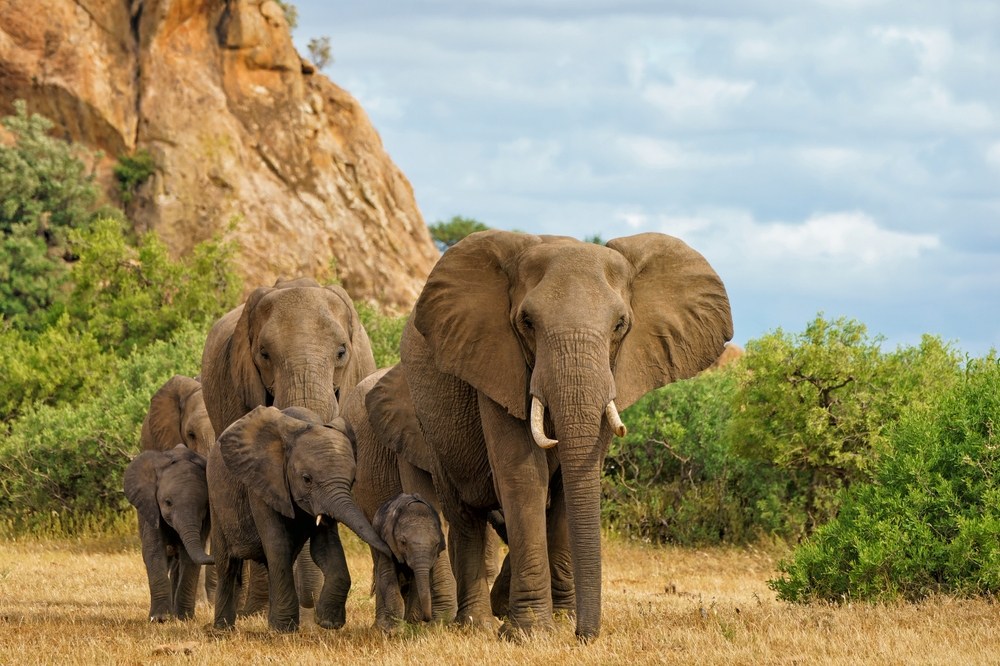
Elephants are not only the largest land animals, but they also possess enormous brains capable of incredible feats. Known for their memory, elephants can recall paths to water holes over vast distances even after many years. They also display remarkable empathy, mourning their dead and comforting distressed members of their herd. According to National Geographic, studies have shown that elephants can recognize themselves in mirrors, indicating a level of self-awareness shared by only a few species.
In the wild, elephants exhibit problem-solving skills that require innovative thinking, such as stripping bark from trees to access food. They have shown the ability to understand human pointing without prior training—a skill that even some primates lack. Elephants also use a range of vocalizations and body language to communicate complex information. Their ability to adapt to changing environments and learn from experiences makes them truly remarkable.
3. Crows: Feathered Problem Solvers
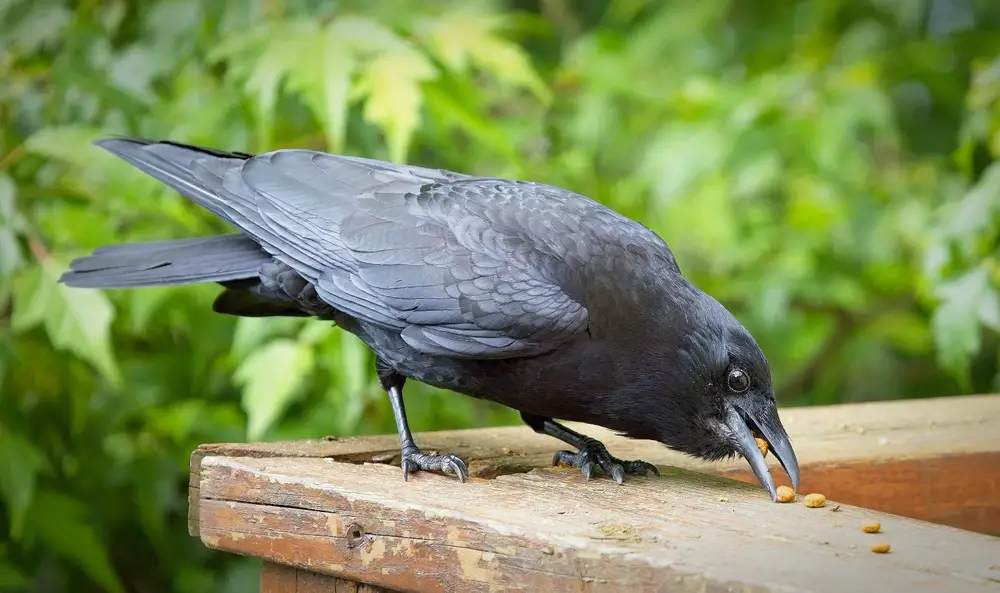
Crows are often underestimated, but they might just be some of the smartest creatures you’ll ever encounter. Known for their problem-solving abilities, crows have been observed using tools in the wild and even crafting them for specific tasks. In laboratory settings, they’ve solved puzzles that require a series of complex steps, showcasing their advanced cognitive skills. Crows have an impressive memory, remembering human faces and associating them with good or bad experiences.
In addition to their tool-making skills, crows exhibit sophisticated social behavior. They have complex communication systems and even hold “funerals” when one of their own dies. Crows can also anticipate future events and plan accordingly, a trait that is rare outside of humans. Their ability to adapt to urban environments further highlights their intelligence.
4. Octopuses: Underwater Geniuses
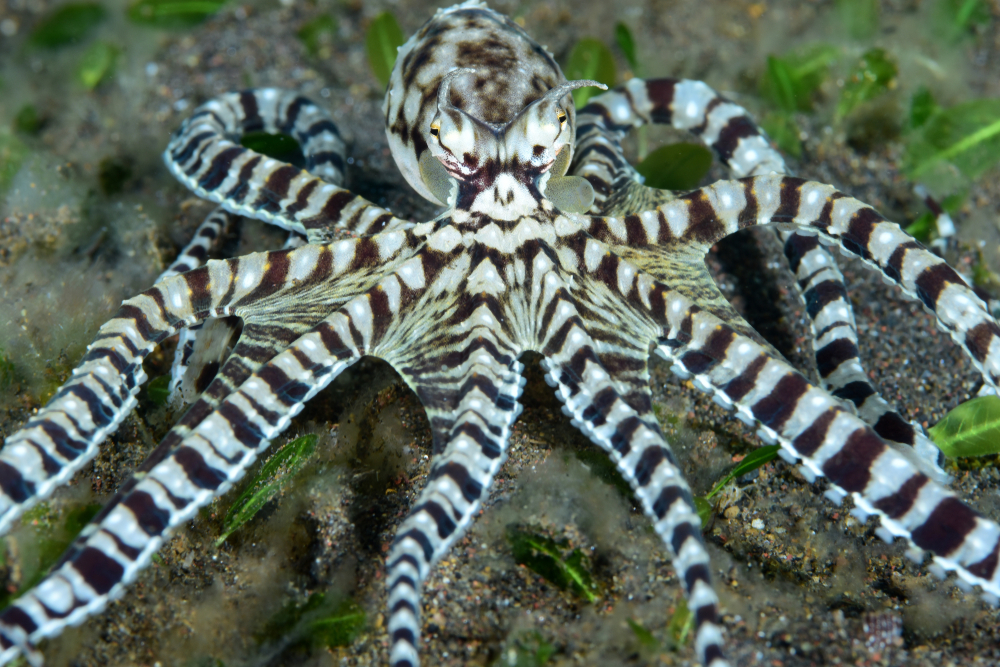
Octopuses are the brainiacs of the sea, equipped with a central brain and additional mini-brains in each of their eight arms. Their intelligence is evident in their ability to solve complex puzzles and escape from seemingly escape-proof enclosures. They have demonstrated the capacity for short- and long-term memory, a trait that is quite rare among invertebrates. Octopuses are also known for their ability to use tools, such as coconut shells for shelter and stealth.
These marine wizards also exhibit incredible camouflage skills, changing color and texture to blend seamlessly with their surroundings. This requires not only physical ability but also a keen understanding of their environment. Octopuses can even mimic other animals to evade predators, showcasing their strategic thinking. Their playful and curious nature often leads them to interact with divers, showing a level of social engagement.
5. Pigs: The Underrated Intellects
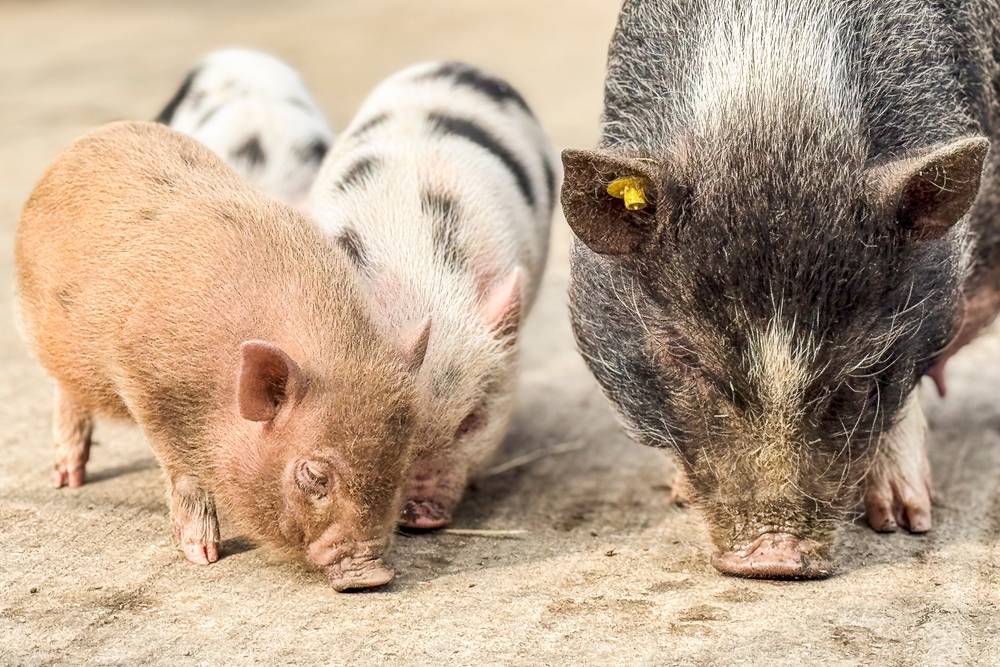
Pigs might not seem like brainy animals at first glance, but they have cognitive abilities that rival those of dogs and primates. They are capable of learning complex tasks and commands, and they can solve mazes with impressive speed. Pigs have shown the ability to understand symbolic language and can even play simple video games using joysticks. Their social skills are advanced, with the ability to form intricate social hierarchies and communicate with each other using a variety of vocalizations.
In addition to their cognitive prowess, pigs exhibit emotional intelligence and empathy. They have been observed comforting each other during stressful situations, and they can form deep bonds with humans and other animals. Pigs have a remarkable memory and can recognize individuals after long periods of separation. In their natural environments, they demonstrate problem-solving skills, such as using tools to manipulate objects and access food.
6. Chimpanzees: The Ultimate Tool Users
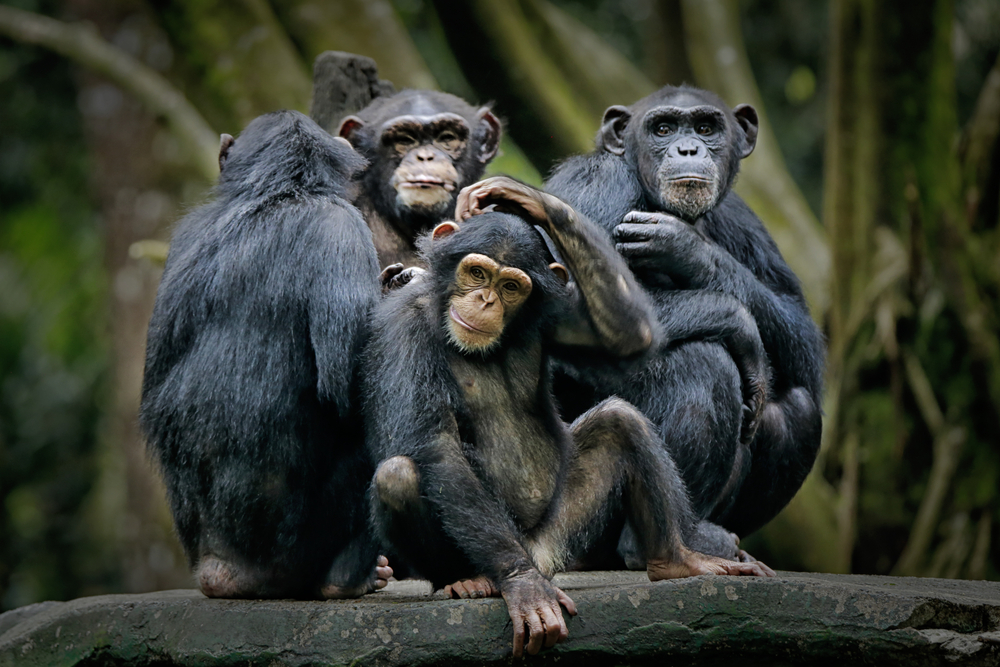
Chimpanzees are often at the top of the list when it comes to the most intelligent animals, and there’s a reason for that. Found primarily in Africa, these fascinating creatures demonstrate problem-solving skills that rival even young human children. One of their standout talents is using tools to gather food, such as using sticks to fish for termites or leaves as sponges to soak up water. In a way, they have a knack for making their environment work for them. They also exhibit complex social behaviors involving intricate communication through vocalizations, gestures, and facial expressions.
Chimpanzees are not just about individual cleverness; their social structures are equally impressive. They participate in cooperative hunting and show empathy by grooming one another, demonstrating a level of emotional intelligence that’s captivating. In captivity, chimps can learn basic sign language, revealing their capacity to understand abstract concepts. These abilities aren’t just random occurrences but are passed down through generations, showcasing a form of cultural knowledge.
7. African Grey Parrots: Avian Einsteins
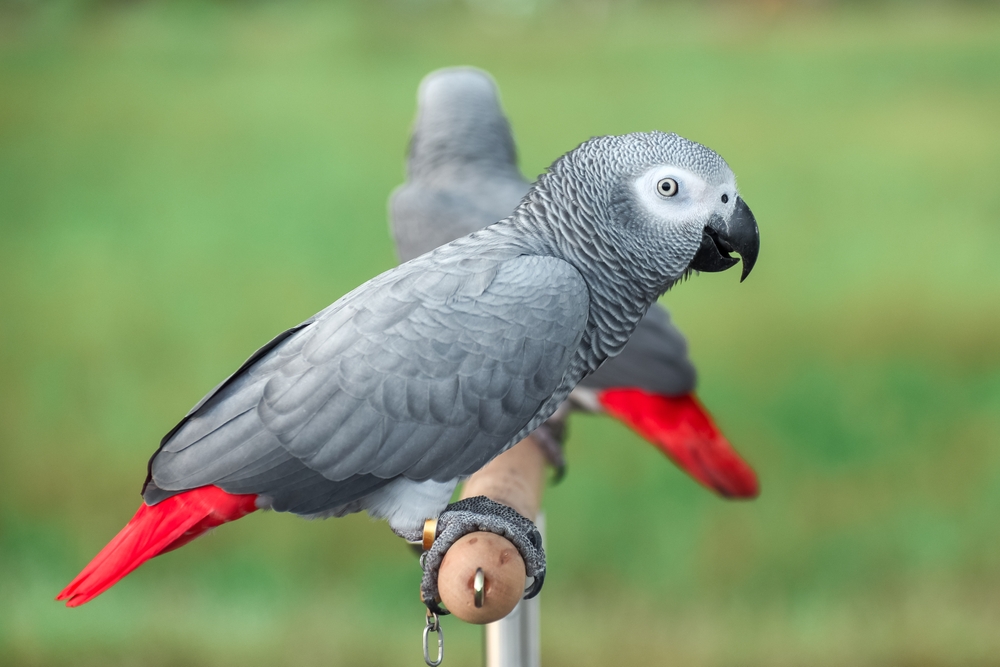
African Grey Parrots are often hailed as the smartest birds, known for their incredible ability to mimic human speech. Beyond mere mimicry, these parrots understand context and can use words to communicate their desires and needs. They have been observed solving puzzles and can even count, showing a level of cognitive ability that is truly impressive. African Greys can learn an extensive vocabulary and use it meaningfully, making them exceptional communicators. Their intelligence is not limited to language; they also exhibit problem-solving skills and social intelligence.
These parrots form strong bonds with their human caretakers, showcasing their ability to connect emotionally. They thrive on interaction and mental stimulation, often becoming bored without sufficient engagement. Studies have shown that African Greys can understand concepts like same and different, demonstrating abstract thinking. Their brains are wired for complex thought, enabling them to perform tasks that many other animals cannot.
8. Rats: Clever Little Critters
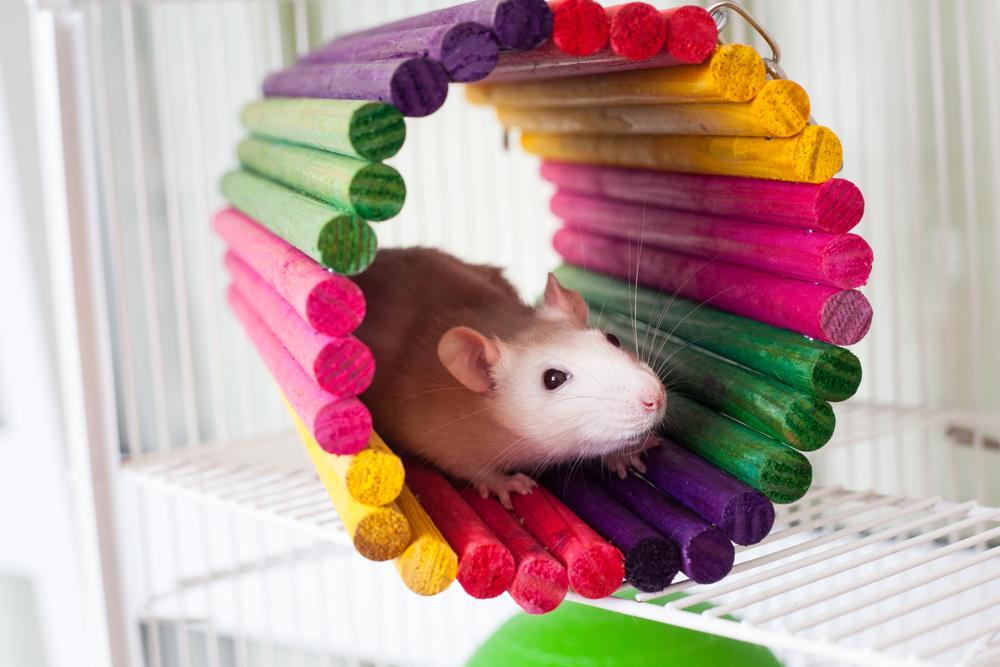
Rats are often underestimated, but they possess a level of intelligence that rivals more traditionally esteemed animals. These rodents are excellent problem solvers, often used in scientific research for their ability to navigate complex mazes. Rats can learn from their experiences and adapt their behavior accordingly, showcasing a high level of cognitive flexibility. Their social structures are complex, with the ability to cooperate and communicate effectively within their groups. Given the right conditions, rats can even exhibit empathy, offering help to their peers in distress.
In laboratory settings, rats can understand cause and effect, adding another layer to their intellectual repertoire. They can also learn and remember tasks, demonstrating impressive memory skills. Their adaptability allows them to thrive in various environments, from urban areas to rural settings. Despite their small size, rats have big brains when it comes to problem-solving and social interaction.
9. Dogs: Man’s Best (and Smartest) Friend

Dogs have long held the title of man’s best friend, but they are also among the smartest animals. Known for their loyalty and trainability, dogs can learn a wide range of commands and tasks. Their ability to understand human emotions and cues makes them exceptional companions. Some breeds excel in specific tasks, such as herding, retrieving, or guarding, showcasing their diverse intelligence. Dogs often display empathy, comforting their humans in times of need, which speaks to their emotional intelligence.
In addition to their emotional skills, dogs can be trained for complex roles such as search and rescue, therapy, and service work. They have an incredible sense of smell, which has been harnessed for detecting drugs, explosives, and even certain medical conditions. Dogs can learn words and associate them with objects, actions, or people, demonstrating an understanding of language. Their intelligence is not just about obedience but also adaptability and problem-solving.
10. Orangutans: The Wise Ones of the Jungle
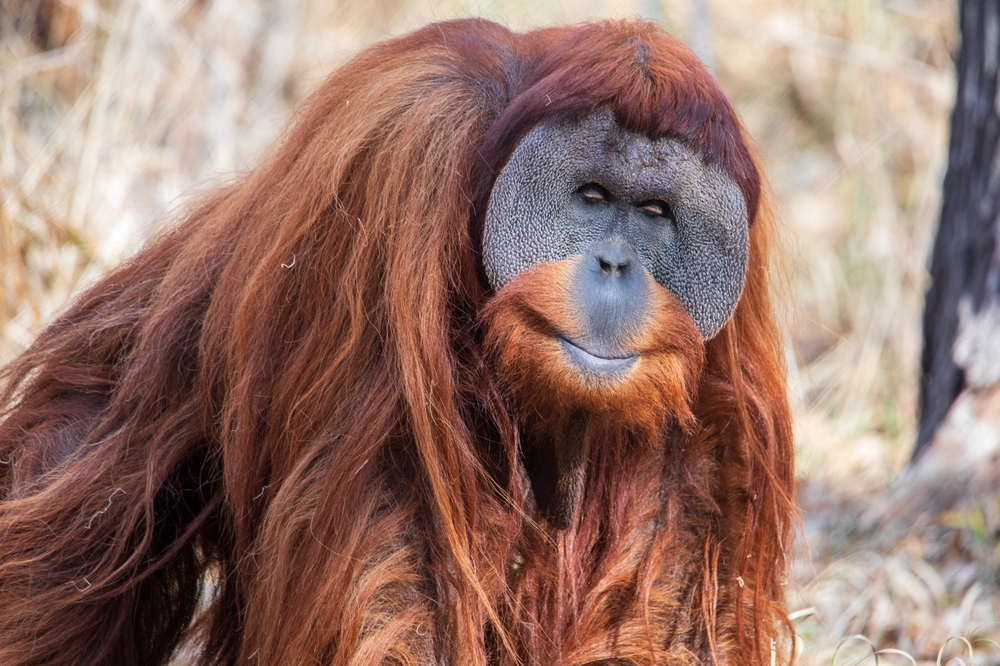
Orangutans are among the most intelligent primates, known for their problem-solving skills and use of tools. Native to the rainforests of Borneo and Sumatra, these apes have a knack for manipulating their environment to suit their needs. They use sticks to extract insects and leaves as makeshift umbrellas, showcasing their creativity. Orangutans are also known for their impressive memory, which helps them navigate the complex forest landscape. Their intelligence is not just about survival; it includes play and exploration.
Socially, orangutans exhibit a high level of emotional intelligence, with the ability to form strong bonds with their offspring. They have been observed learning through imitation, a sophisticated form of social learning. In captivity, orangutans can be taught sign language and can communicate with their human caregivers. Their thoughtful and deliberate nature gives them a wise presence, earning them admiration and respect.
